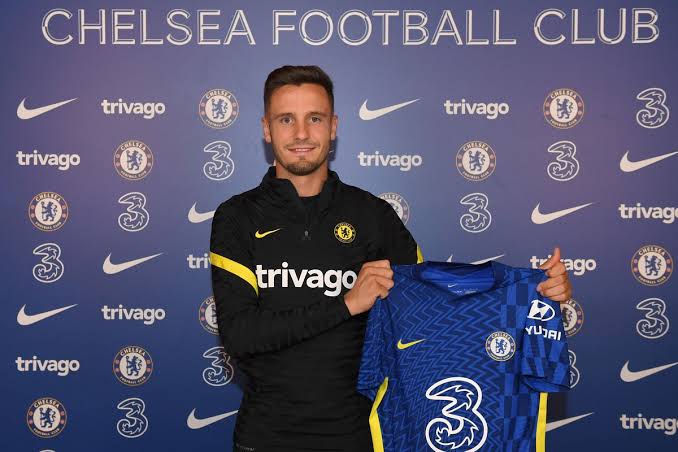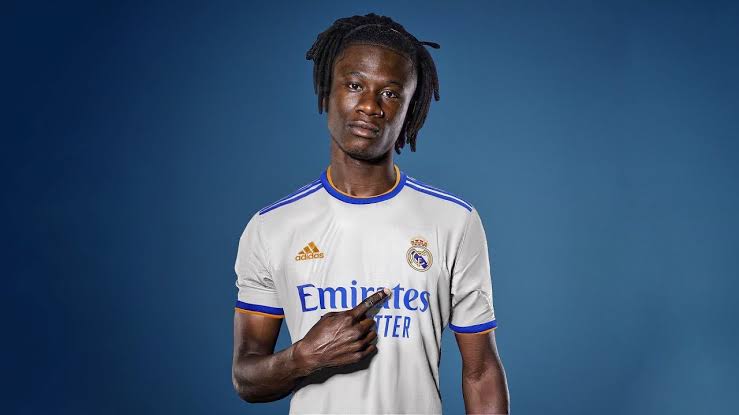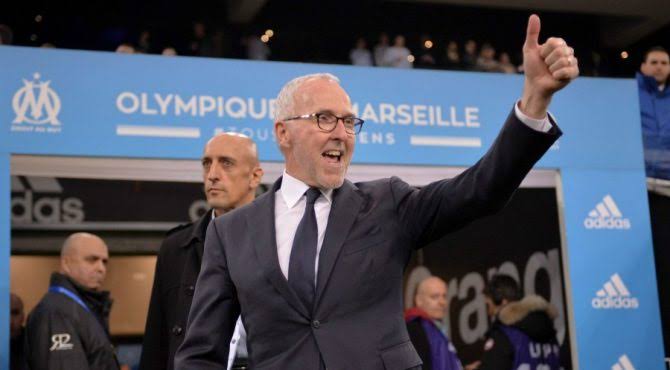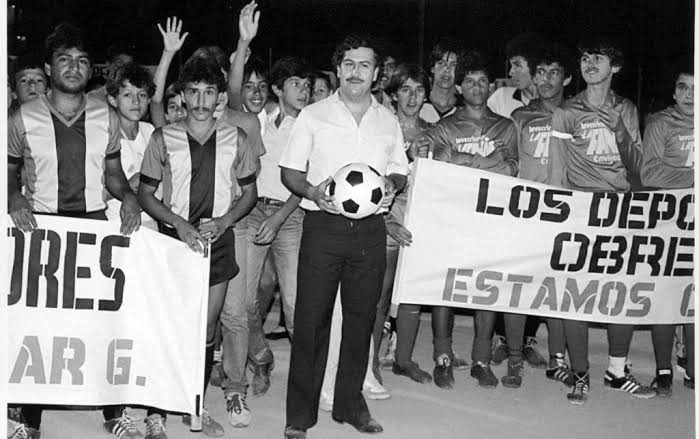In the ever business world of football, a lot of deals get done during the transfer window. Apart from your regular buying and selling of a player, another increasingly popular way of acquiring the services of a player is the loan option. What this means is that instead of outrightly buying a player, a team might decide to get a player on loan from another club for a determined period for a negligible fee. So how exactly does this work?
Why footballers go on loan?
These days top European teams usually have a lot of players on their books. They do this to ensure that players on their books will get game time, and also help the club management get some players temporarily of their wage bill.
Clubs tend to loan players to other teams whose financial status is not buoyant enough to buy pricey talents. For the club receiving the player, they help to solve an immediate need that ordinarily would have had to have been solved by buying a player.
Teams sometimes also loan out players to help with their football development. Clubs like Chelsea FC, Arsenal, and Real Madrid usually loan out academy players who graduated to get game time and develop rapidly, which can only be gotten playing competitive football. Manchester City loaned out most of their young players last season. Sometimes if a player is not in the plans of a manager, the club tends to loan out the individual to where he would be wanted.
This could eventually lead to a permanent transfer if the other club is satisfied with his performance.

How does a player get paid when on loan?
This varies from club to club. Sometimes the parent club will decide to cover the said player’s wages while the other club will take care of things like insurance and paying for treatment of injuries sustained. For example, Barcelona are to pay part of Miralem Pjanic’s wages as he on loan to Besiktas. On other occasions, both clubs might decide to split the payment of the player’s salary, each one paying his share of the individual’s salary. In most cases, the club receiving the footballer on loan is responsible for his wages.
What happens after the loan period?
After the loan, the period has expired players usually return to their parent clubs. Some go back to stack a claim to a first-team spot, while others might return to negotiate a permanent transfer away from the club. Like we stated before, if the club that loaned the player is satisfied with his performance for them during the past campaign, they will make a formal bid to permanently sign the player.







